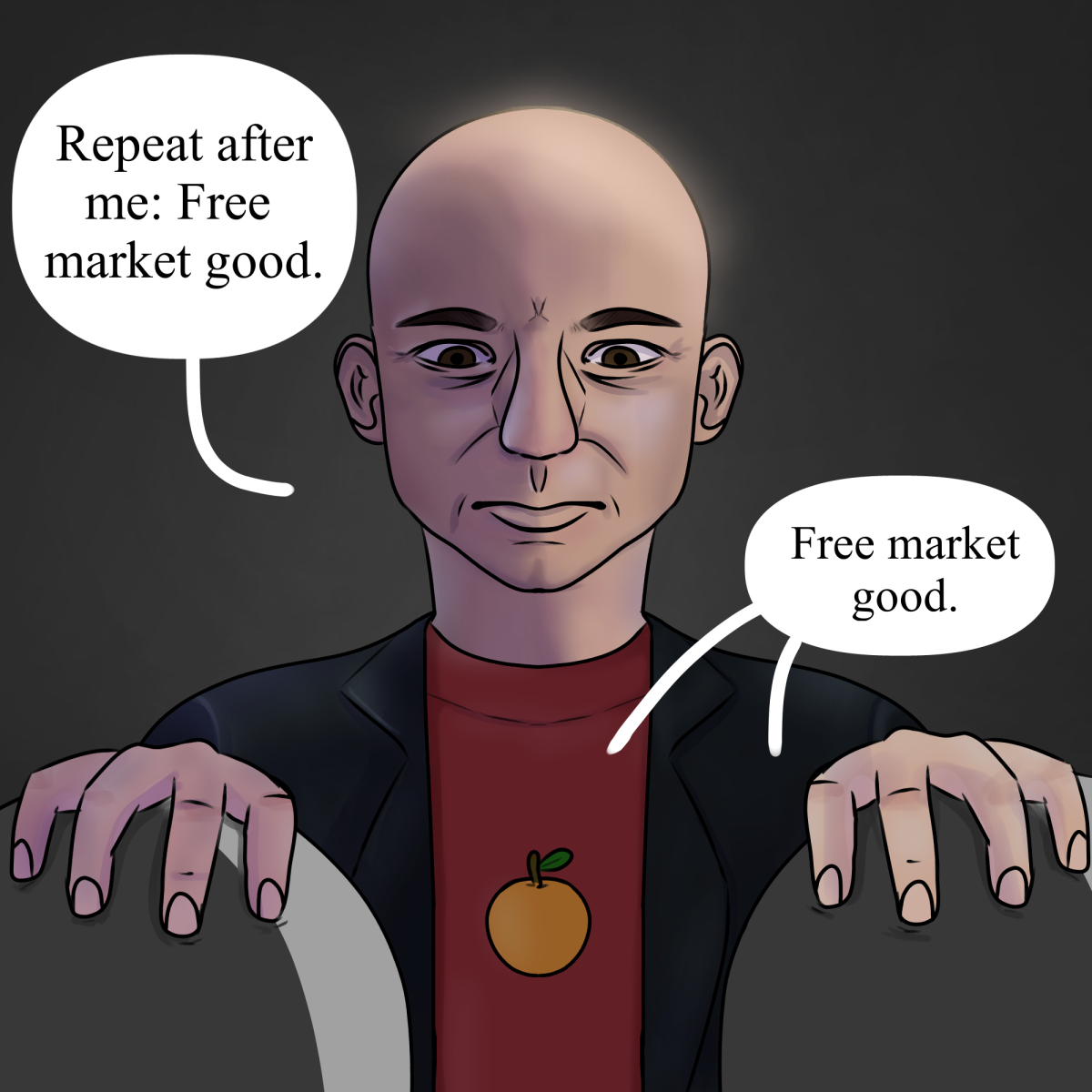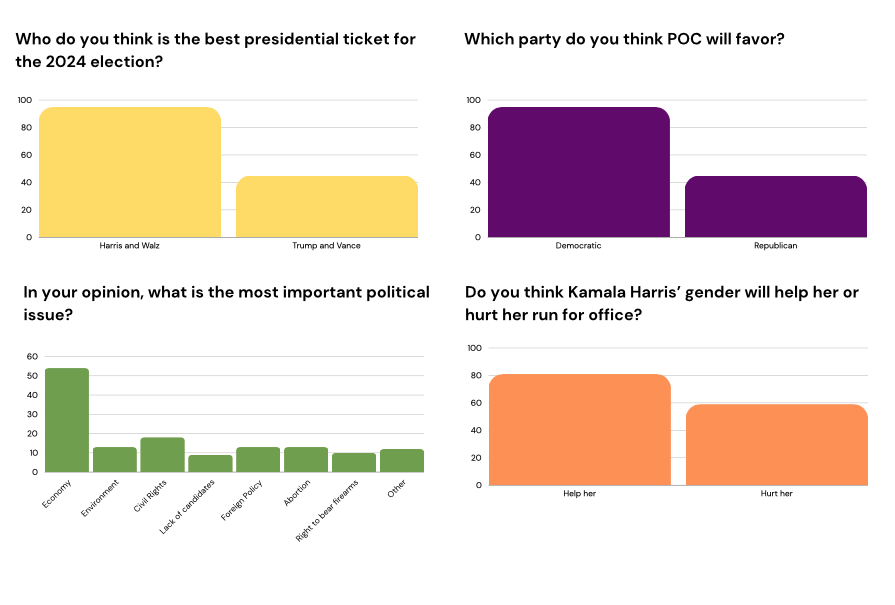What we eat is important when considering a healthy diet, but what is in our food can be more important than the type of food we eat. For example, when shopping at Costco, Safeway, Trader Joes, or even Whole Foods, the nutrition label of cookies, cakes, bread, T.V. dinners, or prepackaged foods have several more ingredients. These foods contain dozens of ingredients in order to keep the product fresh for a number of days so money and food doesn’t go to waste. Fast foods also contribute to the enriched craze, especially among teens; according to the National Library of Medicine, “fast-food intake was associated with lower intake of [unenriched] grains among adolescents and young adults.”
Pastas, breads, and other glutenous foods mass produced by the food industry include enriched flour—flour with added vitamins and minerals. Enriching flour removes 20 essential nutrients, and companies only add 5 of those nutrients back to the finished product. These vitamins and minerals are harvested from the soil instead of naturally found in traditional enriched flour. Enriched flour causes an increased spike in blood pressure, activating insulin which drops blood sugar. Over time, this cycle can lead to weight gain insulin resistance, meaning our insulin is no longer sending sugar to our cells. According to Dr. Group of Global Healing: this makes the body demand more sugars and food to get energy to our body, leading to eating more than our body needs, which leads to weight gain and possibly diabetes if the cycle continues beyond teenage years. That cycle is easy to fall into especially since “we are very used to seeing food as something fun for us,” said Mt. Eden health and AVID teacher Britanya McCoy. Consuming enriched foods is easier than ever due to the cheap, accessible, and glamourization of such food.
While most carbs available for purchase contain enriched flour, this certainly doesn’t mean all carbs are bad. Carbs and sugars give us energy to live, and we do need them. Bakeries or home ingredients which use whole grain and true sourdough are much more beneficial for a healthy diet. Namely, As Kneaded Bakery in San Leandro makes all their products with unenriched whole grain flour, resulting in a more filling dough. Most bakeries make their sourdough with a true sourdough, a true sourdough bread does not raise blood sugar levels as rapidly as refined white bread. True sourdough bread has a lower glycemic index, of 54, than commercial bread, at 71.
The choices we make about what we eat indefinitely impact our health and well-being. While convenience and accessibility often lead us towards processed foods made with enriched flour, it’s essential to recognize the potential health consequences of these choices. Enriched grains, while praised for their added vitamins and minerals, may disrupt our body’s natural processes and contribute to weight gain and insulin resistance over time. However, there are alternatives available, such as whole grain products and true sourdough bread, which provide more nutrients and have a lower impact on blood sugar levels.
Maintaining a healthy and wise choice in grains is important, but some families can only shop “where they can afford and what they can afford” McCoy continues. When we are aware of the ingredients in our food and opting for healthier alternatives, we can nourish our bodies and support our overall health in the long run. Still, one must keep in mind to recognize their own limits; never let awareness burn you out.























